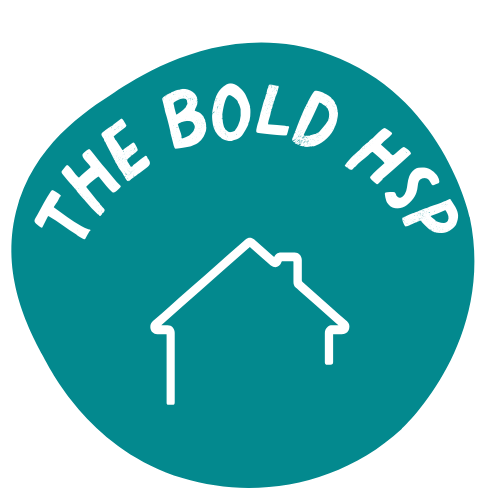The Power of Forgiveness: A Journey of Self-Liberation
Introduction
Before you dismiss the idea of forgiveness, let's redefine what forgiveness truly means. Often misunderstood as absolving someone's actions, forgiveness is actually an internal process of freeing ourselves from anger, resentment, and hurt. In this blog post, we'll explore the true essence of forgiveness, its importance in personal growth, and practical tips for achieving it.
What is Forgiveness?
In a world shaped by Western society and influenced by religious teachings, forgiveness is often associated with divine absolution and acceptance into a resting place of paradise. However, when it comes to human relationships, this understanding can lead to discomfort and resistance. True forgiveness, as we will explore, centres on the liberation of our own emotions and experiences.
To forgive is to stop feeling angry or resentful towards someone or oneself. It involves acknowledging and processing feelings of hurt, anger, or resentment that arise due to our actions or those of others. Basically, re-feeling the hurt, over and over. This internal work aims to release these emotions for our benefit, not to condone any wrongdoing.
The Importance of Self-Forgiveness
Forgiveness begins with forgiving ourselves. Often, we replay past mistakes in our minds, harbouring shame and guilt over our imperfections. Self-forgiveness involves understanding that we are human and recognizing that we did our best at the time. By acknowledging and accepting our past actions, we can learn from them and grow as individuals.
Breaking Free from the Cycle of Resentment
The process of forgiveness requires confronting our emotional wounds instead of pushing them away. When we repeatedly rehash past events, we are essentially re-feeling the hurt, which intensifies our pain and keeps us stuck in a cycle of resentment. To break free from this cycle, we must learn to address these emotions directly.
Practical Steps for Practicing Forgiveness
Acknowledge the Emotions: When negative emotions arise, stop and acknowledge them without judgement. This simple act of recognition can be profoundly healing.
Write it Down: Express your feelings on paper, detailing what's bothering you and why. This exercise helps bring clarity and allows you to understand the underlying emotions better.
Reflect and Learn: When you feel ready, reflect on the situation and ask yourself what lessons you can take away from it. How can you grow from this experience?
Offer Forgiveness: Offer forgiveness to yourself, acknowledging that you did your best with the knowledge and tools you had at the time. Use a simple mantra like the ho'oponopono "I'm sorry. Please forgive me. Thank you. I love you" to foster self-compassion.
Seek Support: If needed, reach out to a trusted friend, therapist, or coach to discuss your feelings and gain an external perspective on your experiences.
Forgive Others: When you feel ready, extend forgiveness to others, recognising that this is an internal process aimed at your liberation, not a justification of their actions.
Conclusion
True forgiveness is a powerful tool for personal growth and emotional healing. It is also an act of radical self-love.
By understanding that forgiveness is about releasing ourselves from the shackles of resentment and self-judgement, we can embark on a journey of self-liberation. Practicing self-forgiveness and extending forgiveness to others empowers us to learn, grow, and find peace within ourselves. So, take that first step toward inner freedom and embrace the transformative power of forgiveness.
I’d love to know if this resonates with you. Get in touch and let me know.
If you want some support with forgiveness, to find more joy in life or to talk about being an HSP, click here book a call and we can chat over a coffee.

